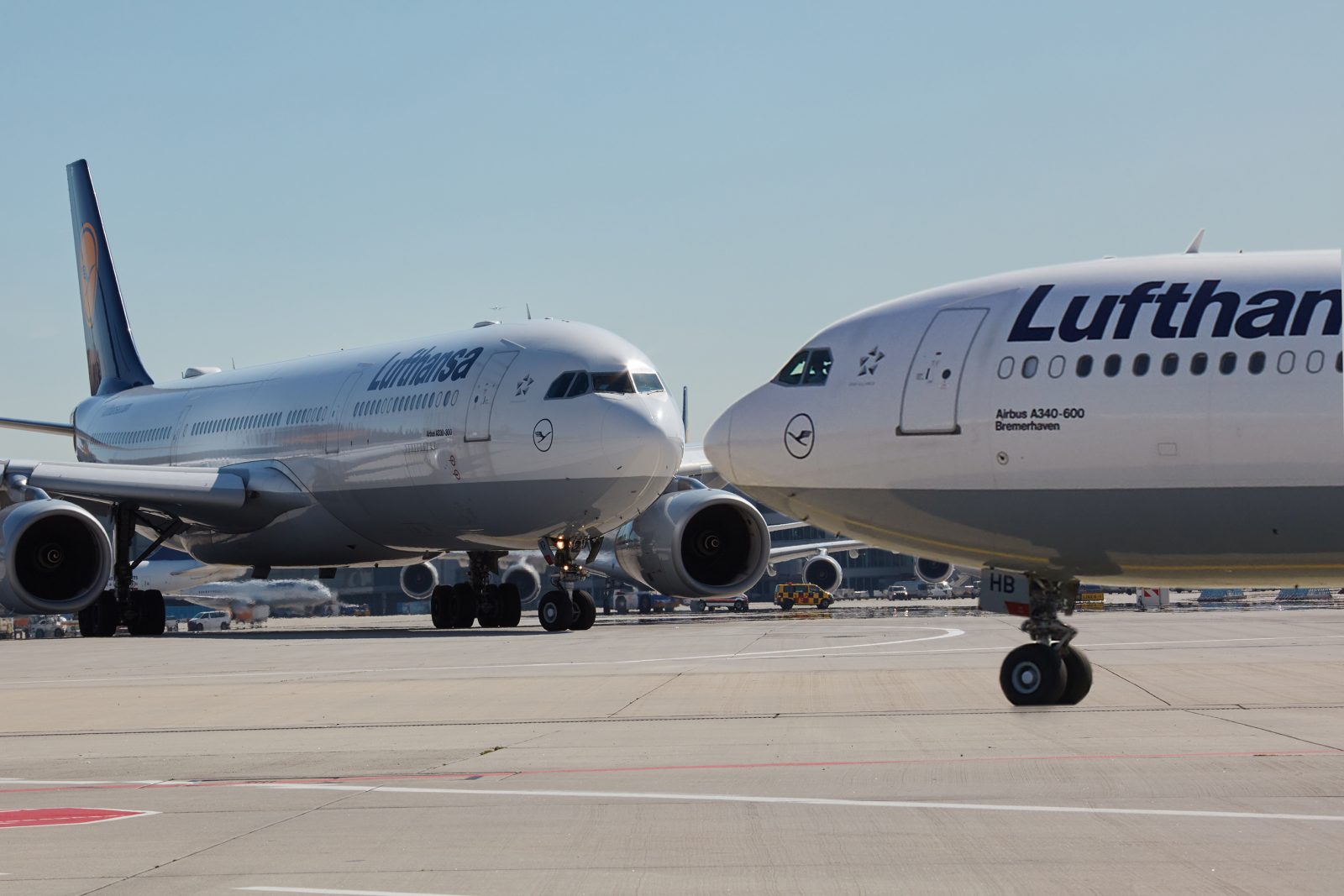
Lufthansa revealed on Wednesday that it has lost €1.2 billion in the first three months of 2020 after slashing its schedules and grounding the vast majority of its fleet as a direct result of the COVID-19 pandemic. The German flag carrier was originally meant to publish the results at the end of April but delayed releasing the grim reading figures because of the ongoing effects of the Corona crisis.
Carsten Spohr, the airline’s chief executive said the airline and its subsidiaries would now require urgent and extensive restructuring to weather the COVID-19 storm despite the fact that the company has secured a €9 billion taxpayer-funded bailout from the German government.
Spohr warned that the airline expected a “very slow recovery” despite recently saying Lufthansa expected to significantly increase its capacity in the next few months. At the worst point in the crisis, Lufthansa had grounded 700 of 763 aircraft in its fleet but even with flights now restarting, the airline predicts nearly half will remain parked up in longterm storage throughout the whole of next year.
By 2022, Lufthansa hopes to have ‘just’ 200 spare planes in storage but by 2023, the point at which Spohr predicts the recovery to be largely complete, the fleet will still be 100 planes smaller than before the Corona crisis.
In the longterm, its subsidiary Brussels Airlines now plans to slash its fleet size by 30 per cent and axe around 25 per cent of its workforce. Austrian Airways is looking to downsize its fleet by 20 per cent and has already come to an agreement with unions to trim staff costs by the same amount.
Decommissioning aircraft cost the airline €266 million, while losses from hedging on fuel costs set Lufthansa back €950 million. Around 87,000 employees remain on short-time working arrangements in order to reduce costs in the short term. The airline is, however, still burning through €800 million of cash liquidity every month.
In the last few weeks, Lufthansa has taken a slightly more positive view on the future and recently announced plans to increase capacity to 40 per cent of original forecasts by September. The €9 billion bailout agreed with the German government was eventually secured with minimal interference from the European Commission.
Last week, the Lufthansa executive board nearly rejected the bailout because of what it saw an overly onerous competition regulations. In the end, the airline was only required to hand over a handful of slots at its hubs in Frankfurt and Munich.
Related
Mateusz Maszczynski honed his skills as an international flight attendant at the most prominent airline in the Middle East and has been flying ever since... most recently for a well known European airline. Matt is passionate about the aviation industry and has become an expert in passenger experience and human-centric stories. Always keeping an ear close to the ground, Matt's industry insights, analysis and news coverage is frequently relied upon by some of the biggest names in journalism.







